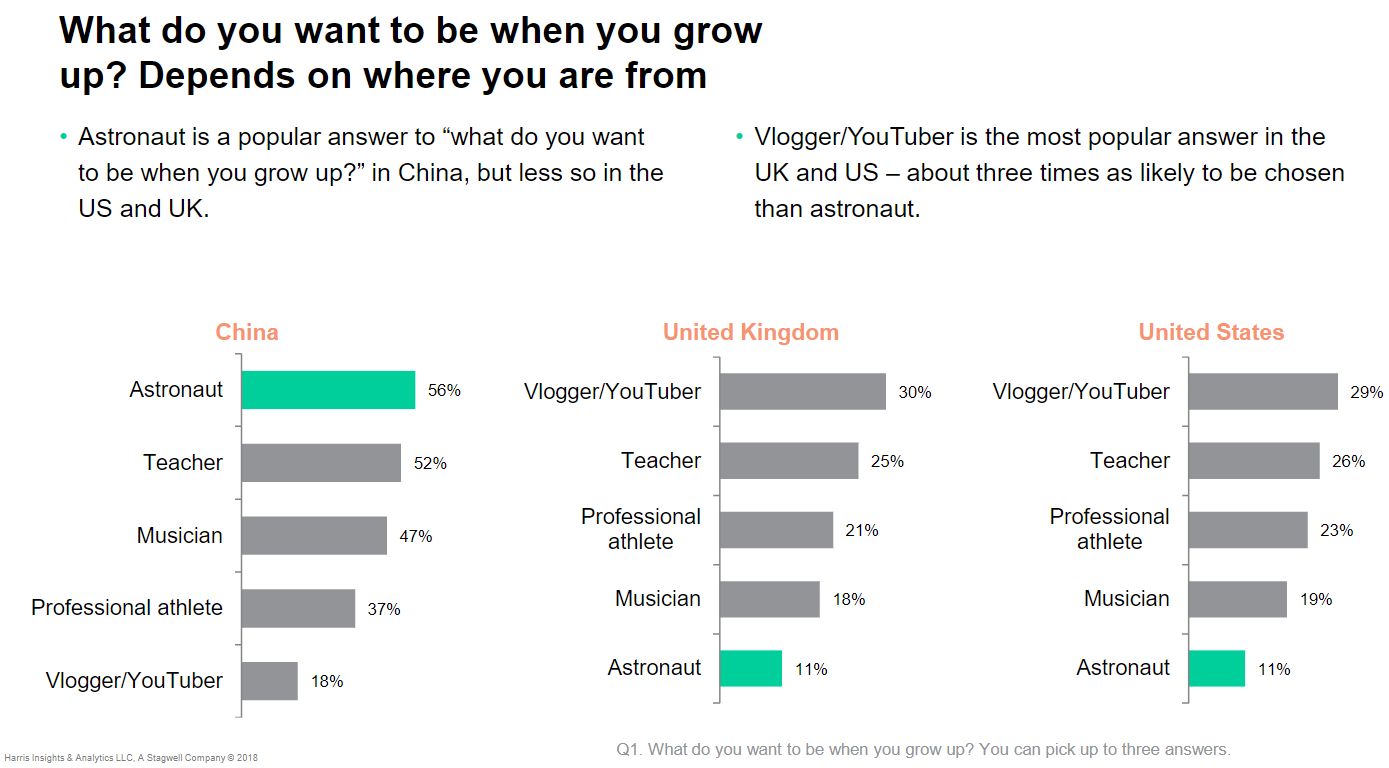As someone who you would probably consider to be part of said generation (20, in college), I've got a few things I'd like to mention - the price of education has DRASTICALLY increased since the 'boomer' generation, and increasingly, a college degree is seen as the first step towards a good career, rather than something that will automatically get you a well-paying job with good benefits and long-term prospects. For example, in 1971 (just happened to be the first year I found with statistics), the average cost of a year of college (tuition, room, board, fees) was $1,410. Minimum wage was $1.60 per hour. In 2016 (3 years ago, it's gone up since then but I couldn't quickly find the numbers), the average cost of a year of college (again, tuition, room, board, fees) was $20,150. Minimum wage was (and still is) $7.25 per hour. Assuming you work a full 40 hour work week for a full year (which isn't really possible ontop of college, but let's just pretend), that's roughly 2,000 hours per year of work. In 1971, that means you would make about $3,200 per year at minimum wage, more than enough to pay for your college, even if you only worked part time. Contrast that to 2016, where the same 2,000 hours of work would net you $14,500 per year, or almost $6,000 short of being able to afford school.
The same sorts of analyses can be applied to healthcare and child care. You wonder why 20 and 30 somethings are living in apartments, with their parents, avoiding buying things like cars and homes, waiting longer to get married and start a family? It's because we can't afford to do things commonly associated with adulthood. We get saddled with so much debt from an education that's de facto required for the sorts of careers our parents had, and then have to spend most of our 20's and 30's paying that debt off.
Also, with all that stress, plus the knowledge that climate change is probably going to end up causing all sorts of global catastrophes within our lifespan, that our lives will probably for the first time in modern history be WORSE than those of our parents, and that our descendants will have it even worse, is it any wonder that we have high rates of anxiety and depression?
I don't even know where to start with this one except I will say this. Sadly school has increasingly become about being indoctrinated into a way of thinking, instead of how to think critically. So as an employer, I put little emphasis on a candidate's academic achievements and pedigree.
I did not continue pursuing a formal education beyond High School. Instead, I learned on my terms through observations, common sense and targeted research. So I cannot relate to your education debt woes. However, being a Gen X, when I entered the job market, primarily controlled by Boomers who felt the most efficient way to hire someone was to insist that they have a degree, I was forced to incur a lot of debt, three times in my life.
Because of myopic hiring policies within most companies, I was pigeon-holed. I was typically successful in the interview process, due to my strong track record as a top performer, but they ultimately limited me; this manifested as frustration that motivated me to plod my own path. Because my parents had no means, any debt I incurred was my debt. I would work for a company, come up with an idea, start and run a company for a couple of years and ultimately fail along with incur $60,000 - $70,000 of credit card debt @ 21% interest rate. The banks considered me a high risk without a degree, and although I tried, I could never get a consolidation loan to lower the interest rate and get a single manageable payment. I did this three times and in each case not only did I go back to a limited job, but I paid my debt off, saved enough to try again, took a lesson from my previous attempt, and started over.
I now run a small company with a growing staff located in two offices and two warehouses in Toronto, a satellite office in Montreal, and we are currently looking to open an office in the US.
Not my success story, but I do have one that directly addresses your complaint on student debt. My wife is a teacher with three degrees, and the same humble beginnings and independence as myself. She had three jobs all through High School and during University as well as had to take on student debt for her Post Secondary education. She ended up with a BA, a Teachers degree and a Masters of Education in Curriculum. She was also three months into her Ph.D. when she decided that she had enough. I met her in her mid-thirties, and she still had her student debt, but she was able to be completely independent and live in one of the most expensive cities in North America.
So as much as some may have sympathy for you in this regard, I certainly don't. I made my own breaks, and when people tried to push me down, I pushed back. I got married at 40, purchased my first home at 41 and had kids at 44. The fact is, as much as the Millennial generation complains about debt, they are also going to inherit the greatest amount of wealth of any previous generation. When my parents passed away, I inherited enough to go on a cheap vacation and raise a glass of red to them.
At this stage of my life, I am eternally grateful to everyone who held me back; it was the best thing that could have happened to me!






